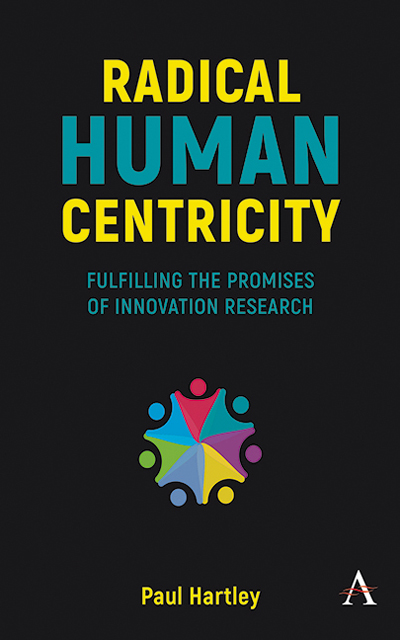6 - Radical Storytelling
Published online by Cambridge University Press: 22 November 2022
Summary
An innovation consultant's life is often filled with little absurdities. The very idea of selling innovative ideas is, when you really think about it, rather strange. But there are even more fantastical moments and absurdities lurking in the very center of how the industry works. In part, this is because those of us in the innovation industry—research and design consulting in particular—work in a business where almost everyone is unaware that all they do is tell stories. Storytelling is so central to the process, that the entire industry is just an organized chain of storytellers fueled by newer and newer stories. Customer/user/patients tell researchers stories about their lives. The researchers tell these stories to designers and strategists to activate possible changes. These designers and strategists tell stories about how these changes will help people live better and companies make more money. The designers also tell stories to engineers who build things. Then the companies use marketing departments to tell stories about the benefits of the new products to the customers who initiated the whole process. Journalists then review the products and tell more stories about whether or not the marketing claims are true. Finally, the customers decide for themselves and tell stories about how these products work or do not work to the next bunch of design researchers who come knocking. So, you can see, storytelling is everything. Now I want to explore what it means to push ourselves further toward a radical humancentric way of doing research by exploring what radical storytelling looks like in contrast to older formats.
Practical Storytelling
One of my early realizations about storytelling and its place in commercial research came in an unlikely situation. It started with a problem. My colleagues and I were halfway through a project before we finally learned what the project was actually about. We were sitting with our clients around a table in our offices in San Francisco. Two of them had flown a long way from Asia to be at this meeting, and the other two were quite agitated to have them there. We were working on the sensemaking stage together after finishing a series of ethnographies in the US, UK, and Germany.
- Type
- Chapter
- Information
- Radical Human CentricityFulfilling the Promises of Innovation Research, pp. 139 - 154Publisher: Anthem PressPrint publication year: 2022



